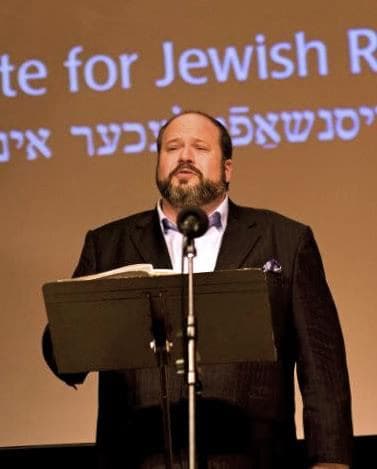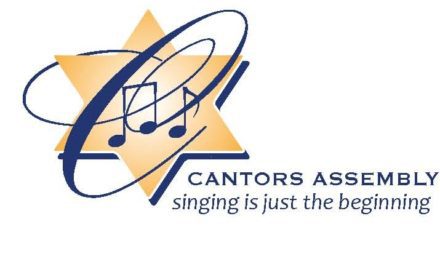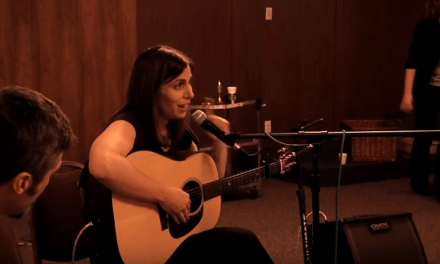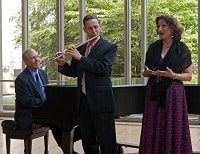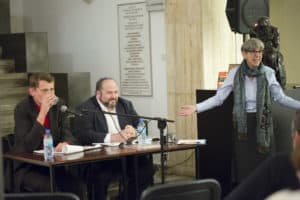 Getting published is very gratifying, but it requires patience. The process seems endless and is not unlike ping pong: you submit something, it gets edited and sent it back; you edit based on their changes, then send it back to be edited again. Repeat! However, watching your work take shape is totally cool and rewarding. And like many things, the first time is the hardest. I’ve written two more articles since one to go to print this year and another next year. Now I even do some editing.
Getting published is very gratifying, but it requires patience. The process seems endless and is not unlike ping pong: you submit something, it gets edited and sent it back; you edit based on their changes, then send it back to be edited again. Repeat! However, watching your work take shape is totally cool and rewarding. And like many things, the first time is the hardest. I’ve written two more articles since one to go to print this year and another next year. Now I even do some editing.
My first published piece, Theology in Translation, appeared in the journal Polin volume 27 under the general editorship of my mentor and dear friend Dr. Antony Polonsky, emeritus professor at Brandeis University. The piece itself deals with the very confusing nomenclature involving religious and particularly liturgical reform in the synagogues of Poland prior to 1939. The Great Synagogue of Warsaw was, for example, a “progressive” congregation with a very integrationist stance. Not one scholar had attempted to work toward a definition of “progressive” in the 19th and early 20th-century Polish milieu. I analyzed the Machzor used there, compiled and edited by Izaak Cylkow, preacher at the Great Synagogue from the opening until his death in 1908.
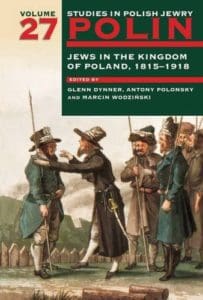 Cylkow’s Machzor is remarkable in that his introduction tells us precisely what he wanted to achieve and his influence: he aimed to keep the worship service intact as well as reflect his own theological beliefs in his paraphrases and translations. In some cases, he changed the meaning of the Polish text away from the actual meaning of the Hebrew original. In other cases, he simply failed to translate phrases or words that were theologically unacceptable to him while maintaining the Hebrew texts unaltered.
Cylkow’s Machzor is remarkable in that his introduction tells us precisely what he wanted to achieve and his influence: he aimed to keep the worship service intact as well as reflect his own theological beliefs in his paraphrases and translations. In some cases, he changed the meaning of the Polish text away from the actual meaning of the Hebrew original. In other cases, he simply failed to translate phrases or words that were theologically unacceptable to him while maintaining the Hebrew texts unaltered.
Cantor Matis' Article is available in Polin: Studies in Polish Jewry, Volume 27: Jews in the Kingdom of Poland, 1815-1918
A graduate of the HL Miller Cantorial School at JTS, Ben earned his Bachelor of Music at the Peabody Conservatory in Baltimore and his Master’s degree in Music History from Queens College of the City University of New York. He is currently working on his PhD dissertation through Jagiellonian University in Krakow. Love of the great masters of Hazzanut led to his curiosity about the synagogues of Europe in which Sirota, Koussevitsky, and many others served. Having served the greater New York Jewish community on the pulpit for the past 18 years, Hazzan Matis will be taking the position of research fellow and adjunct lecturer at the University of Kansas/Freedom’s Frontier National Heritage. Cantor Matis is an acclaimed Scholar in Residence lecturer on the topics of Jewish History and Music. He has the great good fortune to be married to Stefanie. They have two wonderful kids, Jacob and Shoshana.
